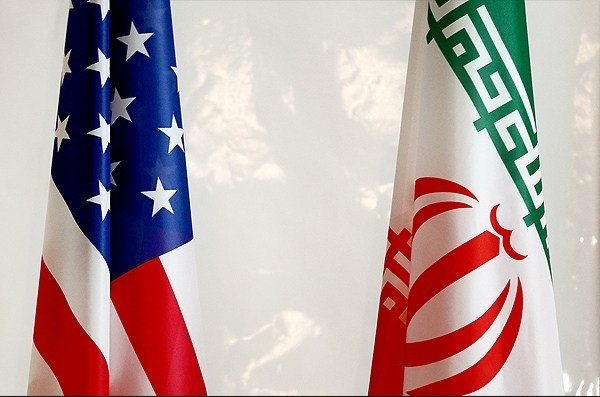Top U.S. banks won’t commit to ending Iranian financial access

Two top American financial institutions would not commit to cutting Iranian access to international financial markets, a cornerstone of the Trump administration's new sanctions on Iran, adding fuel to concerns among U.S. officials about efforts by European countries and Iran's regional allies to skirt the new American sanctions ahead of a Nov. 4 implementation deadline, the Washington Free Beacon has learned.
J.P. Morgan and Citibank—top American financial institutions that sit on the board of the SWIFT financial network, which facilitates international banking transactions—declined Free Beacon inquiries into whether they intend to disconnect Iran from the network and comply with the Trump administration's sanctions.
Both banks could play a pivotal role in ensuring SWIFT and its members obey the new sanctions, which target Iran's Central Bank and critical infrastructure networks.
However, an ongoing standoff between European allies and the Trump administration over the implementation of the new sanctions threatens to force these U.S. financial institutions to pick a side.
The European Union, which has been plotting for months to help Iran skirt the new U.S. sanctions, approved earlier this week a $21 million financial package for Iran in a bid to keep the landmark nuclear deal on life support. German officials have called on its allies to build independent banking systems that cannot be hit by U.S. law, a move that has fueled diplomatic tensions and put U.S. banks in a particularly delicate situation.
Congressional efforts to ensure U.S. banks and others disconnect Iran from SWIFT also have been met with muted reaction.
Senior U.S. officials and leaders on the Hill have been pressuring global banks, including those in the United States, to choke Iran's global financial access, particularly via SWIFT, the leading provider of financial transactions and banking information worldwide.
A delegation of 16 Republican lawmakers on Thursday called on SWIFT to immediately disconnect Iranian access or face the brunt of new U.S. sanctions, which could hit both American and European financial institutions that decline to enforce the measures.
U.S. officials who have been working on these efforts for months told the Free Beacon that U.S. banks such as J.P. Morgan and Citi are being reminded they will not be spared from the Trump administration's sanctions if they do not take steps to cut Iran's access to SWIFT and other financial networks.
Richard Goldberg, a senior adviser to the Foundation for Defense of Democracies who has been advocating for SWIFT to disconnect Iran, told the Free Beacon the American banks on SWIFT's board are facing a critical decision.
"There is an enormous amount of risk here for SWIFT and its directors to be taking on," said Goldberg, a former senior Senate staffer who helped architect the original sanctions on Iran. "We wrote this sanctions law back in 2012 with the banks on the board in mind. That's where the president has the leverage to force SWIFT to act."
"This is something SWIFT should be doing already under its own corporate rules," Goldberg said. "It is unfortunate they'll only act under the threat of sanctions."
The State and Treasury Departments did not respond to request for comment by press time.
(Source: The Washington Free Beacon)
Leave a Comment